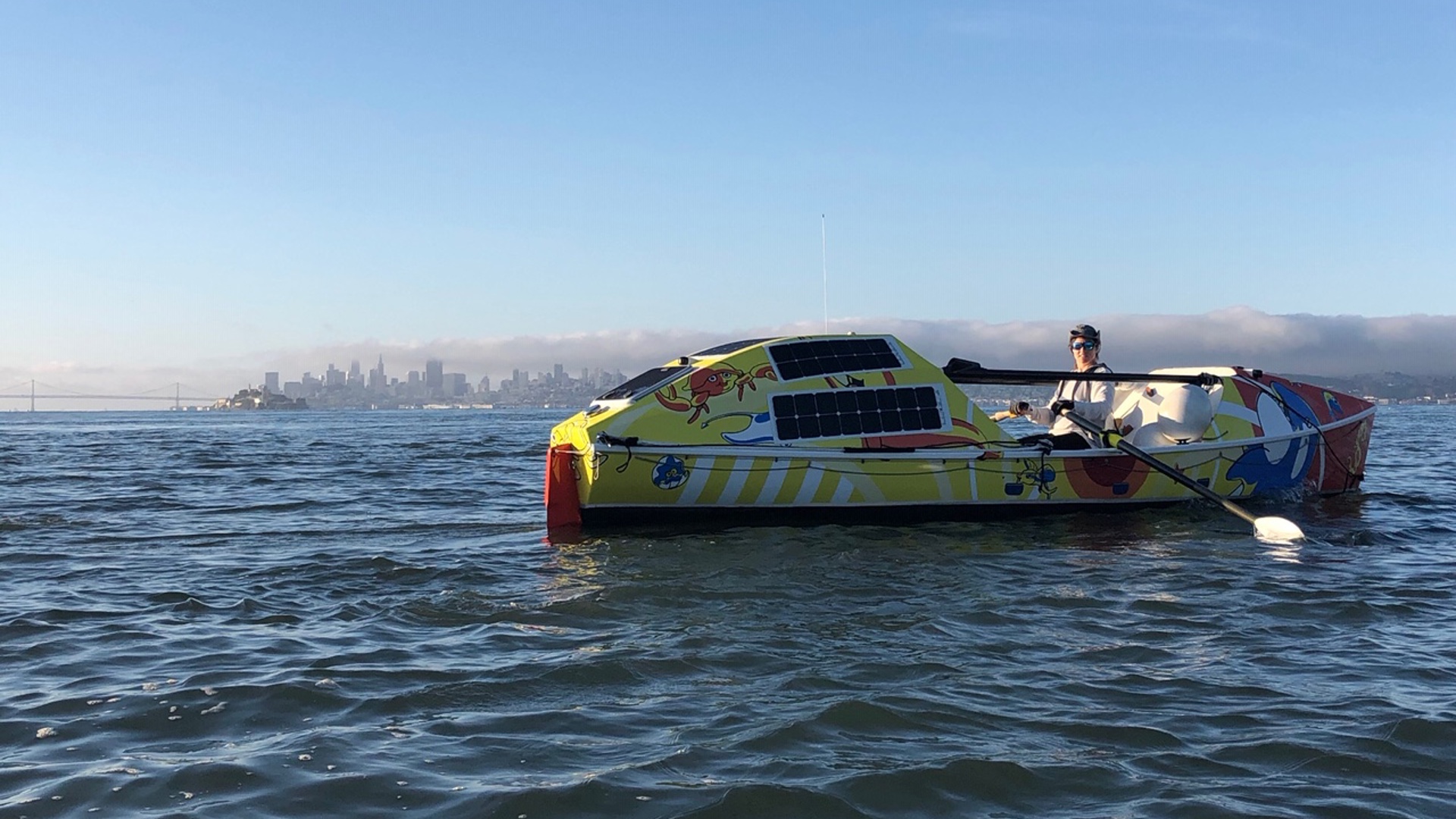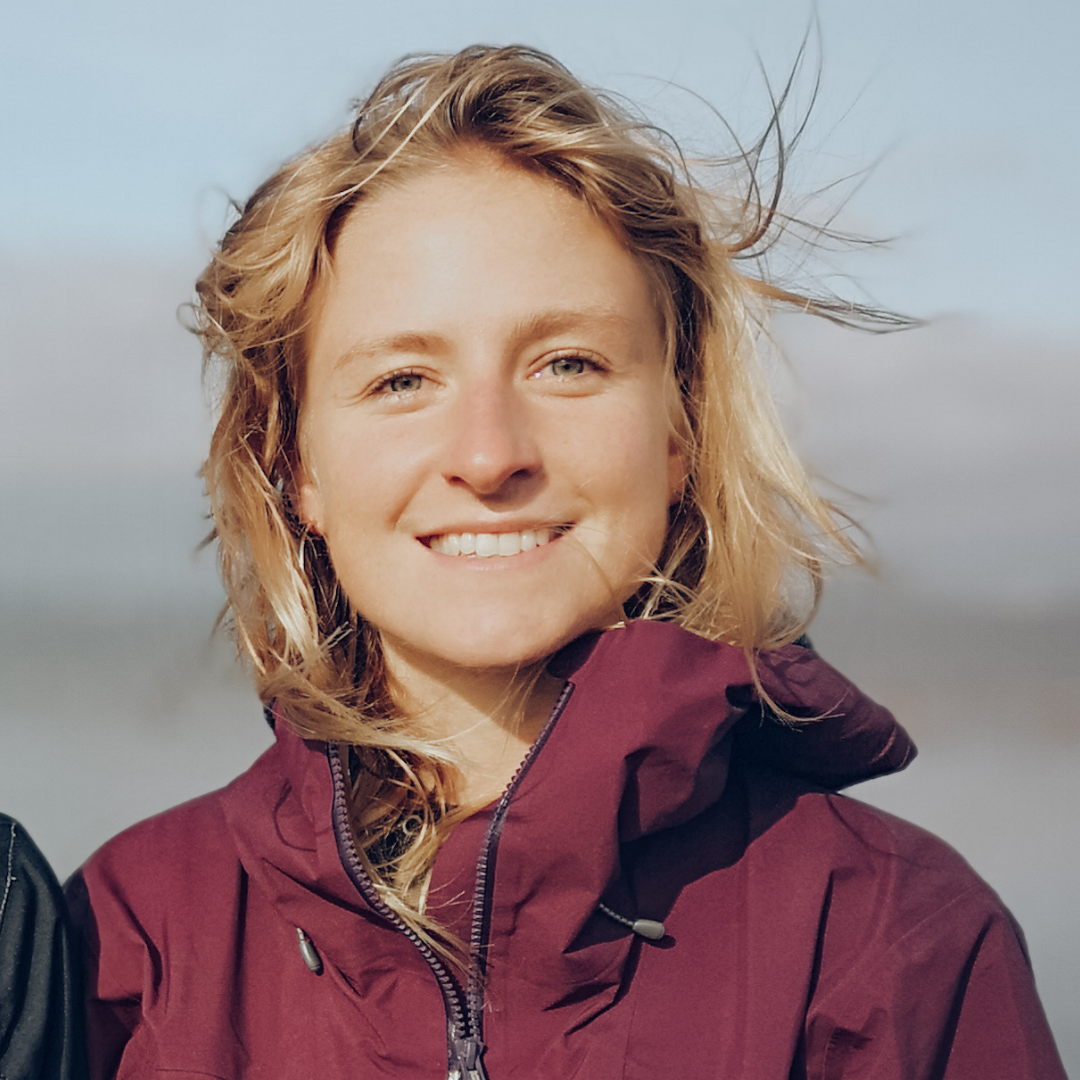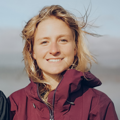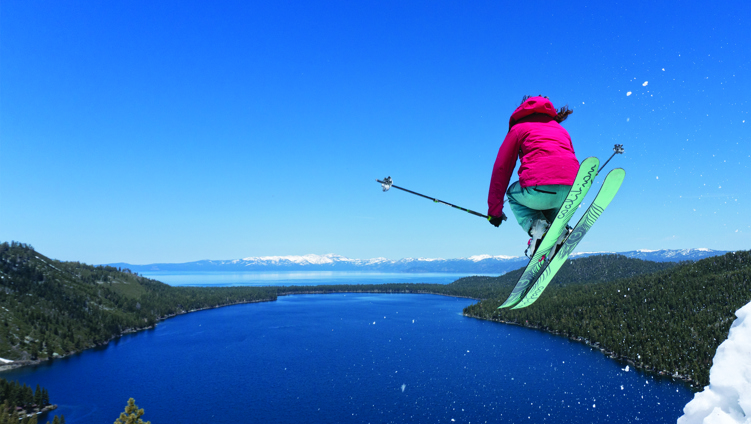
We screened Danielle's film about the climber Georgia Pilkington at our first ever film festival back in 2018. Earlier this year we invited Danielle to join us in conversation with Undercurrents Directors Christina Baldwin and Bronwyn Harvey.
Danielle is an expert storyteller, currently working to tell the story of Lia Ditton, the sailor and ocean rower aiming to become the first woman to row the North Pacific Ocean, Japan to America, solo and unsupported. We asked Danielle to tell us about this story in particular, why she’s chosen to tell it and how she’s going about it.
Tell us why you chose to tell Lia’s story?
I was invited to interview ocean rower, Lia Ditton back in 2016 when I was running Sportsister.com and we hit it off straight away. I’ve interviewed a great many women in sport and adventure over the years and I’ve loved being able to share their stories through articles but getting into filmmaking has given me the opportunity to explore the visual alongside the narrative, Lia’s story is one that really benefits from both.
At heart I am a visual storyteller, my background is art and design and so is Lia’s, she studied sculpture at Chelsea College of Art, so I think we connected on a different level.
In 2016 I was just getting into filmmaking and was working with established practitioners. That’s an expensive and slow process, so I started learning myself. I stayed in touch with Lia, on and off, and followed her story, then in late 2017 she lost her main sponsor and was at a really low point. She didn’t know whether to carry on. She sent out a really honest and heartfelt blog from San Francisco, her training base.
At the time I was working on my first film commission with Ellis Brigham Mountain sports - 5 short films about women - there was one slot left. I begged Mark Brigham to let it be about Lia (not an obvious choice for their brand) and he agreed. I just felt absolutely determined to share Lia’s story. Her mission is monumental, her skills and strength are astounding; Lia and her story should be known by everyone, but especially women and girls. After that first film we’ve built up a really strong working relationship and have now made four short films together and hope to do more, including a full-length documentary.
Photo: Jenn Heflin
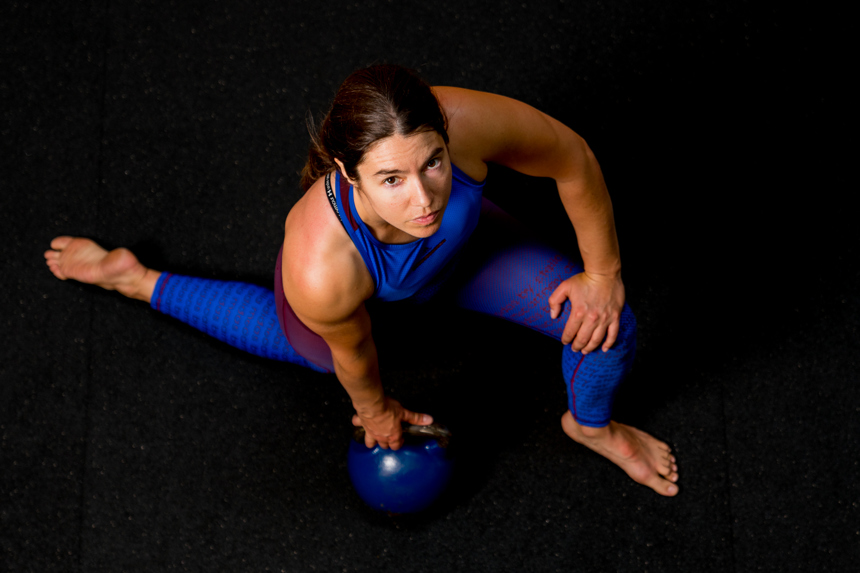
Why have you chosen to tell it the way you have?
I’m not so interested in just the A to B. There’s so much more to tell than just the hours, distance, records etc. In fact, I would say the rows are really the backdrop to the films. I don’t do films that just focus on the achievement, or glorify the triumph over adversity, the danger, the epic-ness of it all. There’s enough of that already out there, I’m more interested in the experience, I think a lot of people want to know more about how it feels, what she sees, what she thinks about.
I also want people to know that she is not superhuman, I want people to be able to relate to Lia. It’s been said many times that women and girls often cannot relate to high achieving sportswomen and adventurers, that they don’t provide the inspiration needed to get out and try something new. I find this frustrating and patronising because you can find someone’s character inspiring or their experience inspiring, I’m not expecting people to take up extreme challenges after watching the films – that’s not the point.
The bigger issue is that there are just not enough stories out there – we need many varied and diverse stories of all levels of sporting endeavour, there is not one singular story or sportswoman that will change the way women and girls engage with sport and adventure.
What's been difficult about this project? What’s been easy and what’s been a surprise?
The most difficult aspect of working with Lia is that she is based in San Francisco (this is the best training ground) and I’m in the UK. On top of that, we have a very, very minimal budget. Lia sends me all the footage from her rows, and I try to make them into a film. It’s a bit like doing a jigsaw puzzle without having the picture on the box to refer to. It’s frustrating, I would love a decent budget and the opportunity to really do Lia justice. We’re working on this!
The best bit is that over the years we’ve built up a really good working relationship and friendship. There’s a lot of trust and that’s important to both of us. I need Lia to feel comfortable in the partnership so that when we finally get to make the full film it’s completely honest. Lia has a back story that is both shocking and sensitive and needs to be handled with complete integrity; it’s an important aspect but equally, not the only aspect, we have to get that balance right, and a strong, trust-based relationship is key to this.
The most surprising aspect of working with Lia is just how hard it is to get serious sponsorship and support. The adventure world is crowded, mainly with men, and a good number make a great living out of recounting their tales. What Lia is attempting is every bit as epic as any challenge out there, yet many far less impressive achievements get a lot more coverage, I really want to try to balance this up.
All Photos: Dylan Reeves





In all your time as a storyteller, as a journalist and now a filmmaker, what advice would you give to aspiring storytellers?
My advice to anyone wanting to tell great stories is not to rush. It takes a lot of time to build up a good relationship with people and if you want to tell a story well, then you need to have the full picture. Do your research, spend time getting to understand the person or subject. I have a background in elite sport and competed in ultra-distance canoe races, so I have some understanding of what Lia goes through and I think this certainly helps.
That said, it’s really important to listen to the people you’re filming, let them use their voice and try not to bring your own agenda. It’s a hard balance to get right because taking your time does not equal quick returns, and we live in a world where social media rules and the pressure to churn out content is huge. This can be distracting, so you need to work out a strategy that works for both your final film, as well as the promotion of it and your audience engagement. Over the years I have also learnt to recognise what is important to me and what I want to achieve with a project. I am most satisfied as a filmmaker when a project has authenticity and will make a difference to society in some way; If I don’t believe in it, then the magic will be missing.
How can we show films and stories from more diverse viewpoints?
Getting more diverse stories out there is really important to me and is reflected in my work. Through sport and adventure, I’ve looked at disability, social exclusion, mental health issues, racism, ageism and of course sexism, of which I am also affected. This is not tokenism; it comes from the experience of discrimination and also frustration that there are too many of the same sorts of stories out there. It’s dull and limiting and makes the industry feel very one-dimensional. I hate that, and I hate anything that feels cliquey. We need more diverse stories and storytellers for sure, but we also need societal change which is harder to achieve. That said I’m a firm believer in getting on and playing your part. For me, that means doing more of what I am already doing, slowly growing my profile and building a financially secure business so that I can bring a diverse mix of great stories to as wide an audience as possible.
